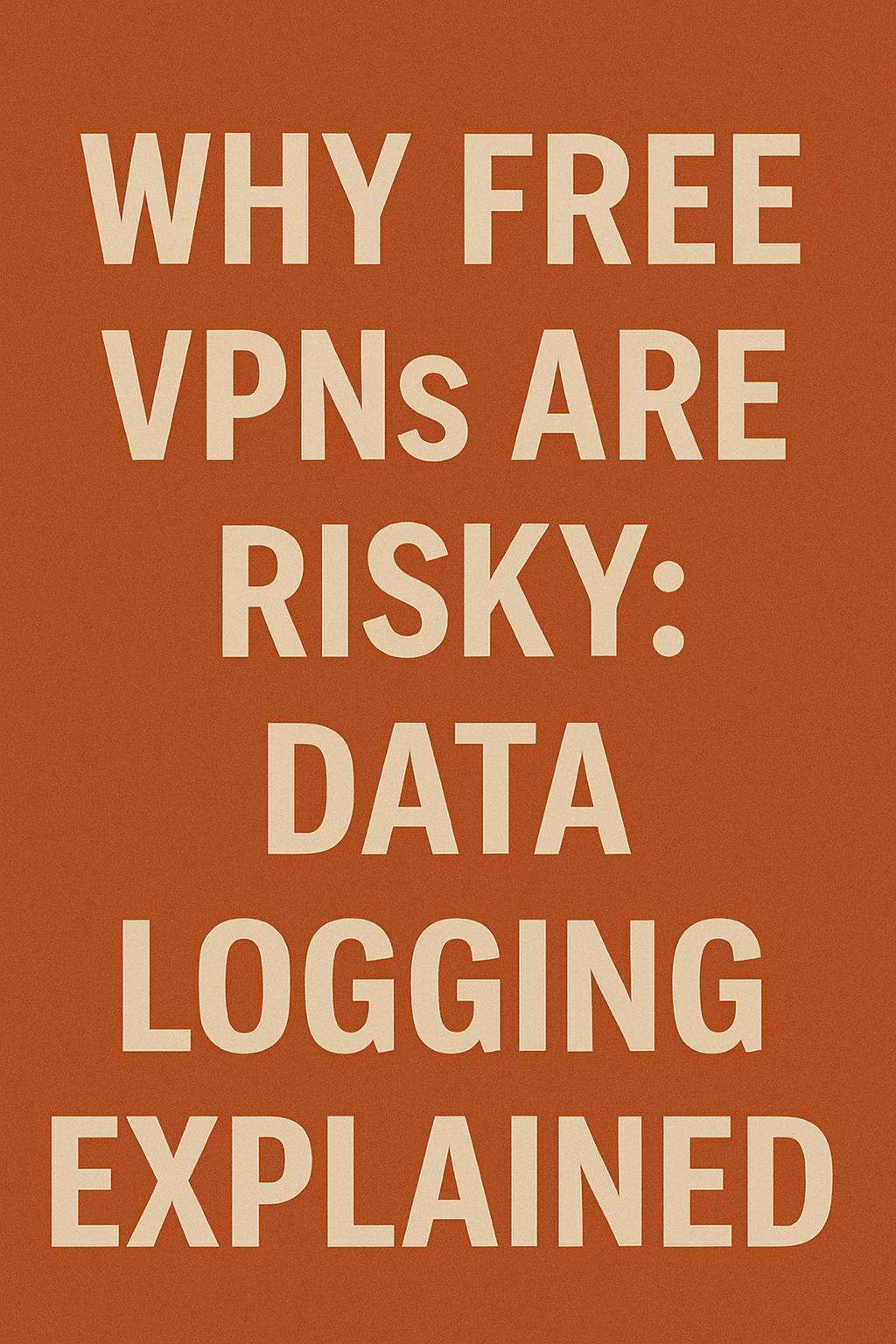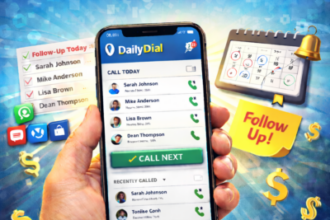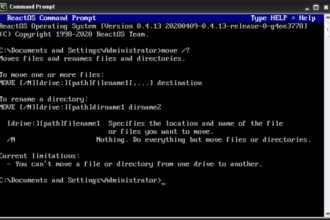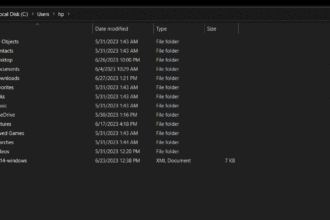Introduction
Everyone loves the word “free.” But when it comes to VPNs, free often comes with a hidden cost — your privacy.
Many free VPN services advertise themselves as just as good as paid ones. The truth? They usually make money by logging your data and selling it to advertisers (or worse). In this article, we’ll break down exactly how data logging works, why free VPNs are risky, and what safer alternatives look like.
1. What is Data Logging?
When you use a VPN, your traffic passes through the provider’s servers. A no-logs VPN won’t keep records of your browsing activity. A logging VPN, however, may record things like:
- Your real IP address.
- The websites you visit.
- Connection times and duration.
- Data usage.
👉 Think of it like this: instead of your ISP spying on you, you’ve handed the job over to the VPN provider.
2. How Free VPNs Make Money
VPN services cost money to run (servers, bandwidth, staff). If you’re not paying them directly, they still need to make revenue somewhere. Common tactics include:
- Selling browsing data to advertisers.
- Injecting ads into your browsing session.
- Tracking your behaviour for marketing networks.
- Selling bandwidth (some free VPNs have secretly used customers as “exit nodes” for others).
👉 If you’re not paying for the product, you are the product.
3. Risks of Using a Free VPN
- Privacy Risks
- Your activity is logged and sold.
- Some providers hand data to authorities.
- Security Risks
- Weak or outdated encryption.
- Hidden malware inside VPN apps.
- Performance Issues
- Slow speeds (servers overcrowded).
- Data caps (e.g., 500MB/month).
- Trust Issues
- Providers based in countries with weak privacy laws.
- No independent audits or transparency.
4. Case Studies – Free VPNs Gone Wrong
- HolaVPN – used users’ connections as exit nodes without permission, effectively letting strangers piggyback on your internet.
- Hotspot Shield (free tier) – accused of redirecting user traffic to affiliate sites.
- Betternet – found to contain malware in its free version.
These examples show the risk isn’t just theory — it happens in the real world.
5. Free vs Paid VPNs
| Feature | Free VPN | Paid VPN |
|---|---|---|
| Logging | Often logs & sells | Strict no-logs (audited) |
| Encryption | Weak / outdated | AES-256, WireGuard, OpenVPN |
| Speed | Slow, throttled | Fast, unlimited |
| Ads | Yes, injected | No ads |
| Support | None | 24/7 support |
👉 A free VPN gives you the illusion of privacy, while a paid one actually invests in it.
6. Safer Alternatives
If you can’t pay for a VPN right away, here are safer options:
- Use reputable paid VPNs with free trials (e.g., ProtonVPN, NordVPN often offer trial or money-back periods).
- Use the Tor Browser for anonymous browsing (with speed trade-offs).
- Use browser privacy tools (ad blockers, HTTPS Everywhere, tracker blockers).
7. How to Choose a Trustworthy VPN
- Look for no-logs policies audited by third parties.
- Choose providers based in privacy-friendly countries.
- Check for support of modern protocols like WireGuard.
- Avoid “free forever” promises — they’re usually traps.
Conclusion
Free VPNs might sound like a bargain, but the reality is they often compromise the very thing they claim to protect: your privacy.
By logging your data, injecting ads, or even exposing you to malware, they create more problems than they solve.
If you want genuine security and privacy, a reputable paid VPN is the only way forward. The small monthly fee funds proper encryption, fast servers, and a true no-logs policy — giving you peace of mind that your data stays yours.
🔗 Keep exploring:





